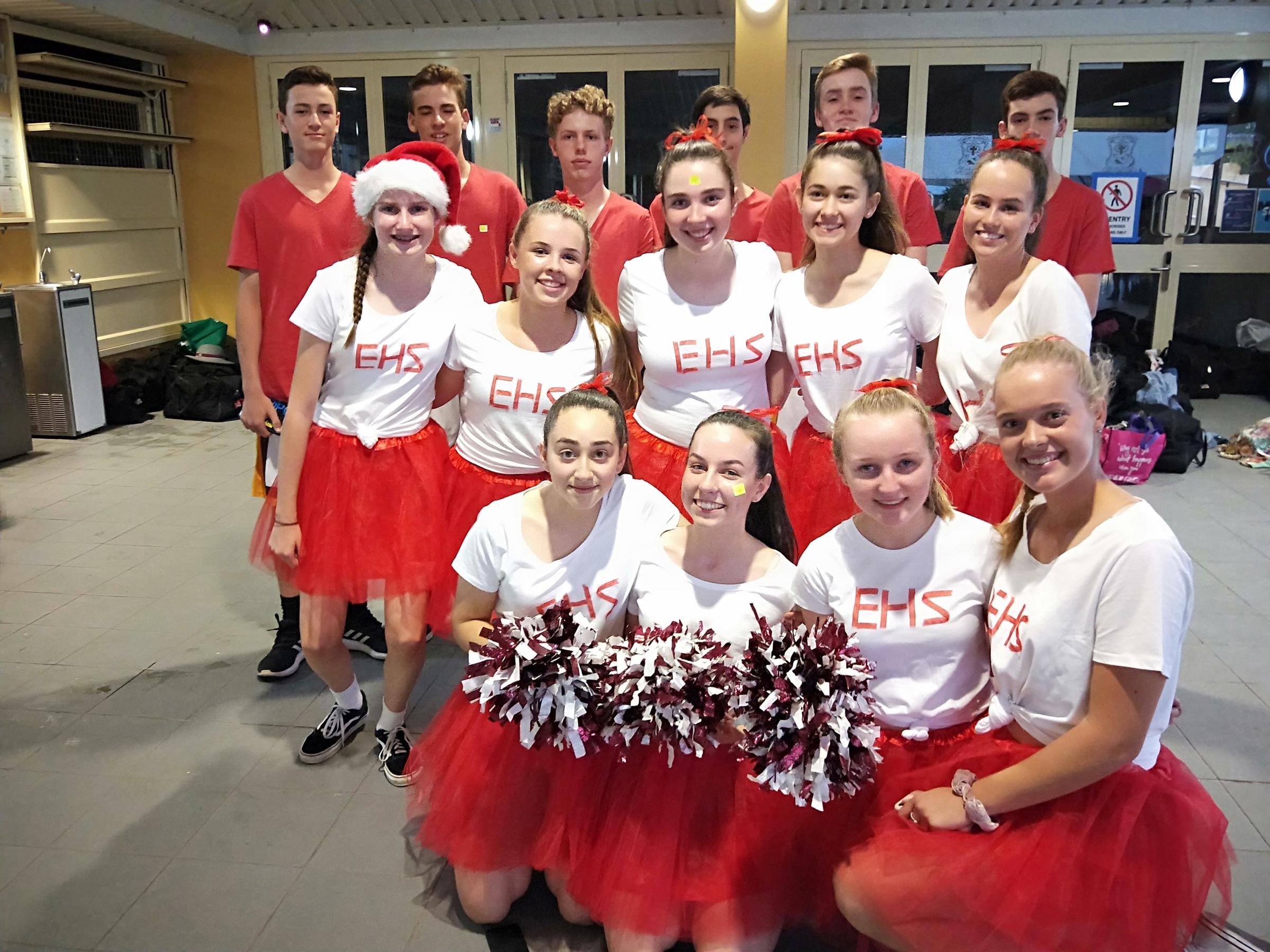Year 11 Pastoral Guardian

As your daughter enters her final years of education at school, it is important that you continue to work in partnership and connect with her Pastoral Guardian, Teaching and Learning Guardian, teachers, and the College about college goals and expectations, pastoral concerns, your daughter’s progress - both within the classroom and co-curricular - and academic expectations in the new Australian Curriculum. It is important that you have a one-on-one discussion with her about how she is managing her learning and assessment and how she is balancing her family, school, sporting, cultural, social, and working commitments. We will encourage your daughter to communicate regularly with you about her senior journey in which you play such a significant role. According to an Australian Government Department of Education and Training report, “Parent engagement and involvement in learning is known to lead to improved outcomes for students’ academic achievement and wellbeing”.
https://www.education.gov.au/parent-engagment-learning-0
In assembly addresses, Dr Tuite reminds girls to consistently set goals by "raising the bar” to be “the best possible version of yourself”. In support of this empowering message for our young women, our Captains have encouraged all students to “unlock their potential”. Discuss with your daughter how she is unlocking her potential this year, both academically and in co-curricular involvement at the College, and how you can support her in this goal.
Students are well aware of the Raise the Bar Program across all year levels and you will have read about this program in Parent Corner and frequent communication newsletters. Discuss this college focus with your daughter. How can you make a positive connection with your daughter about her continued improvement and engagement in her school life?
As I mentioned in my previous Parent Corner, Year 11 students are engaged in ESK study skills lessons focussing on effective study strategies in the home and school environment. In regular PD sessions each week, the Year 11 students are viewing videos and engaging in activities to focus on ways to manage stress by developing strategies such as relaxation, meditation, mindfulness, and exercise. Later in the term, the focus is on identifying and developing strategies to counter procrastination. PD sessions and ESK sessions complement each other to maximise wellbeing and academic success. I encourage you as parents to be aware of the study and wellbeing strategies that your daughter is learning in ESK and PD sessions and to discuss her application of these to improve for success in senior school. How can you as a parent in the home study environment assist your daughter to achieve her very best level?
In ESK, students have identified how well organised and conducive to concentration on their studies their individual home study space is, and what changes could be made to facilitate success in senior school. They have also identified a list of most common distractions and reflected on how they can take control to minimise these. Social media out of the study space is a helpful hint. One hint for active learning management is to take breaks every half hour, clear the work space, and engage in a relaxing activity for five minutes and return to the next subject’s work. Students in post discussion have agreed that this strategy works. We have discussed colour coding subjects and folders, memorising by using palm cards or apps for recall, displaying an A3 assessment calendar on the study space wall, backtracking strategies for assignment preparation to start early allow enough time for research, consulting with library staff, drafting, starting peer study groups, and attending after school study. In ESK, students in small groups will meet with their teacher mentor to share effective strategies for success in their like-minded subjects. In my recent mentor session, students agreed that, in Year 11, they could and should be more proactive about communicating with their individual teachers if they feel unsure of assessment or homework expectations or task requirements, or are overwhelmed or struggling. Check in with your daughter about how confident she is in communicating her needs to her teachers.
Educating your child is a partnership. Schools and teachers can support parent engagement by building partnerships to connect learning at home and school. You might be interested in reading a further Department of Education and Training paper titled Connect learning at home and at school , which is “one of the seven key dimensions identified in the Family-School Partnerships Framework as guidelines for planning partnership activities. Strategies to help connect learning at home and at school recognise the importance of the valuable learning experiences that occur in the home and community, and link families to the learning that occurs at school”.
Please contact me if you have any questions or concerns about how your daughter is travelling on her new journey, or even connect with me to share any of her successes so I can celebrate and acknowledge with your daughter and with her year level.
I look forward to hearing from you as partners in your daughters' senior years.
Karen Farrow
